Background and ObjectiveSeveral studies have shown that idiopathic normal-pressure hydrocephalus (iNPH) can mimic other neurodegenerative disorders, particularly progressive supranuclear palsy (PSP). In this study, we investigated iNPH clinical and…
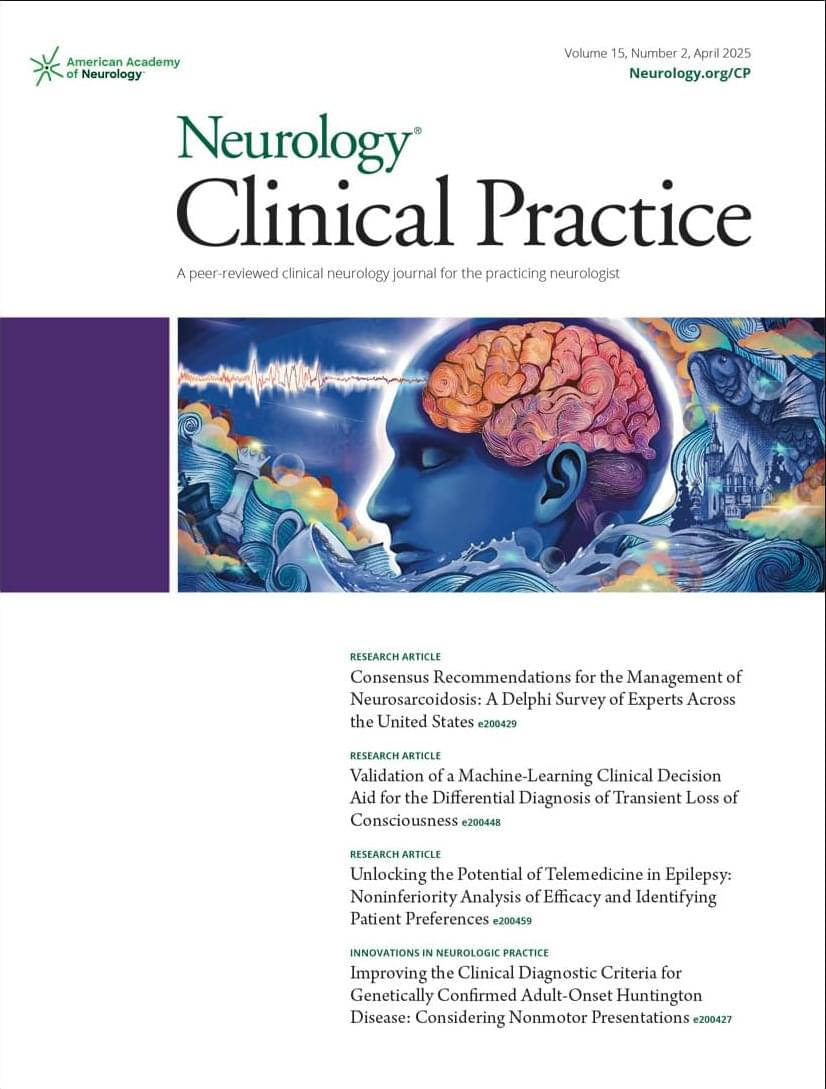

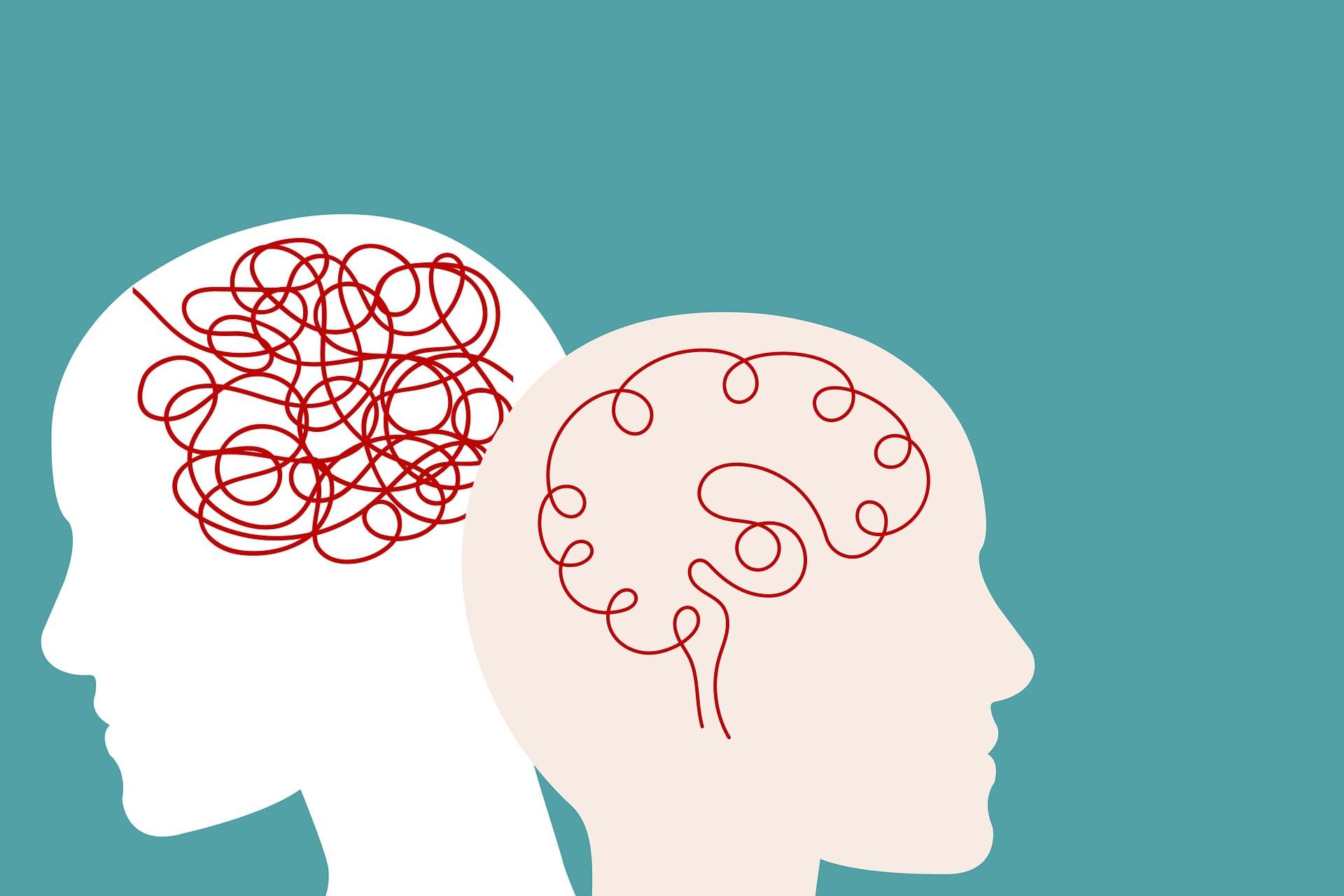
Depression, schizophrenia and other mental health conditions affect 1 in 4 people in their lifetime, but the mechanisms underlying these conditions are poorly understood. New research led by researchers at the University of Bristol has linked the body’s immune response with schizophrenia, Alzheimer’s disease, depression, and bipolar disorder. The study demonstrates mental health conditions might be affected by the whole body as well as changes in the brain. The findings could pave the way for better treatments of some mental health conditions.
The work appears in Molecular Psychiatry.
Most people with depression or schizophrenia are treated with drugs that work on brain chemicals such as serotonin and dopamine. However, one in three people with these conditions do not benefit from these treatments, suggesting that other mechanisms are involved.

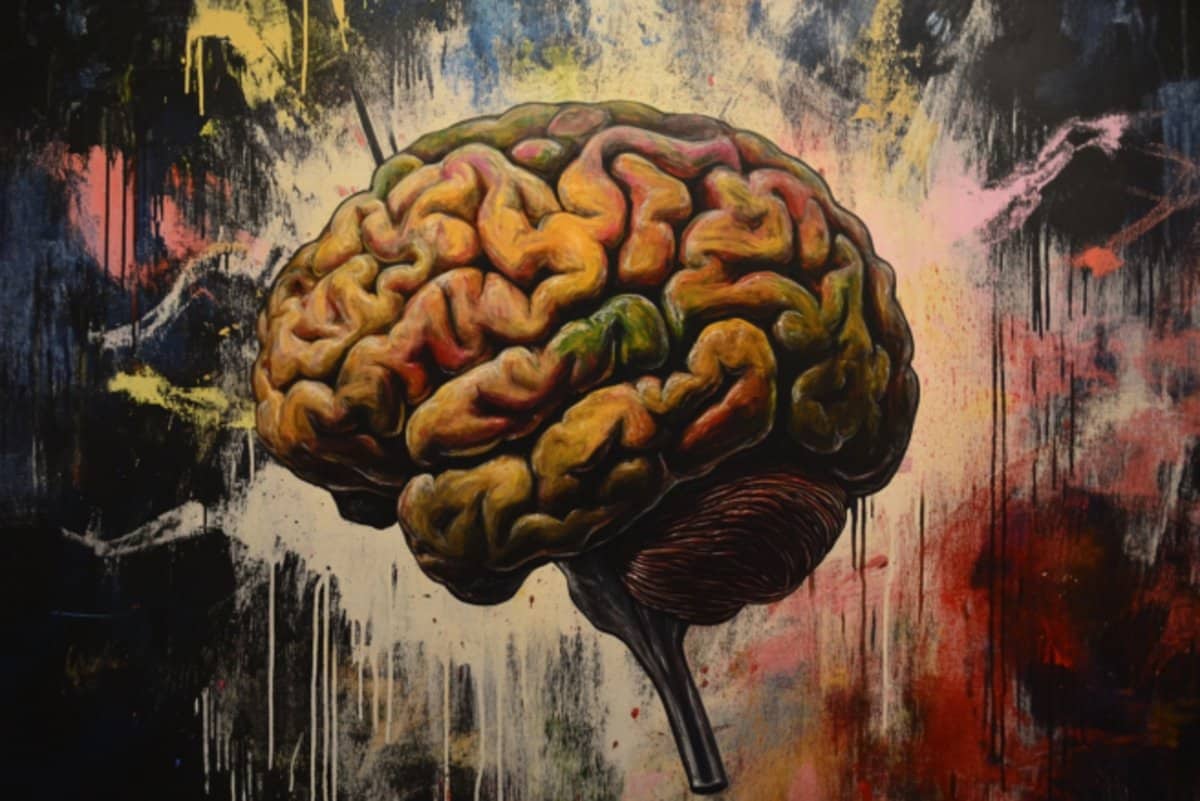
This could also have a negative impact on research since patients with PSP may be misdiagnosed with Parkinson’s disease and be included in a trial that targets the wrong protein, influencing the results.
The research that led to the PSP breakthrough has roots in an earlier study. In previous research, Martinez-Valbuena and his colleagues developed a test that could detect misfolded alpha synuclein protein in the skin in patients with Parkinson’s.
Researchers have since validated that assay and hope it can be used in clinical trials, although the test is not yet available for clinical diagnoses.
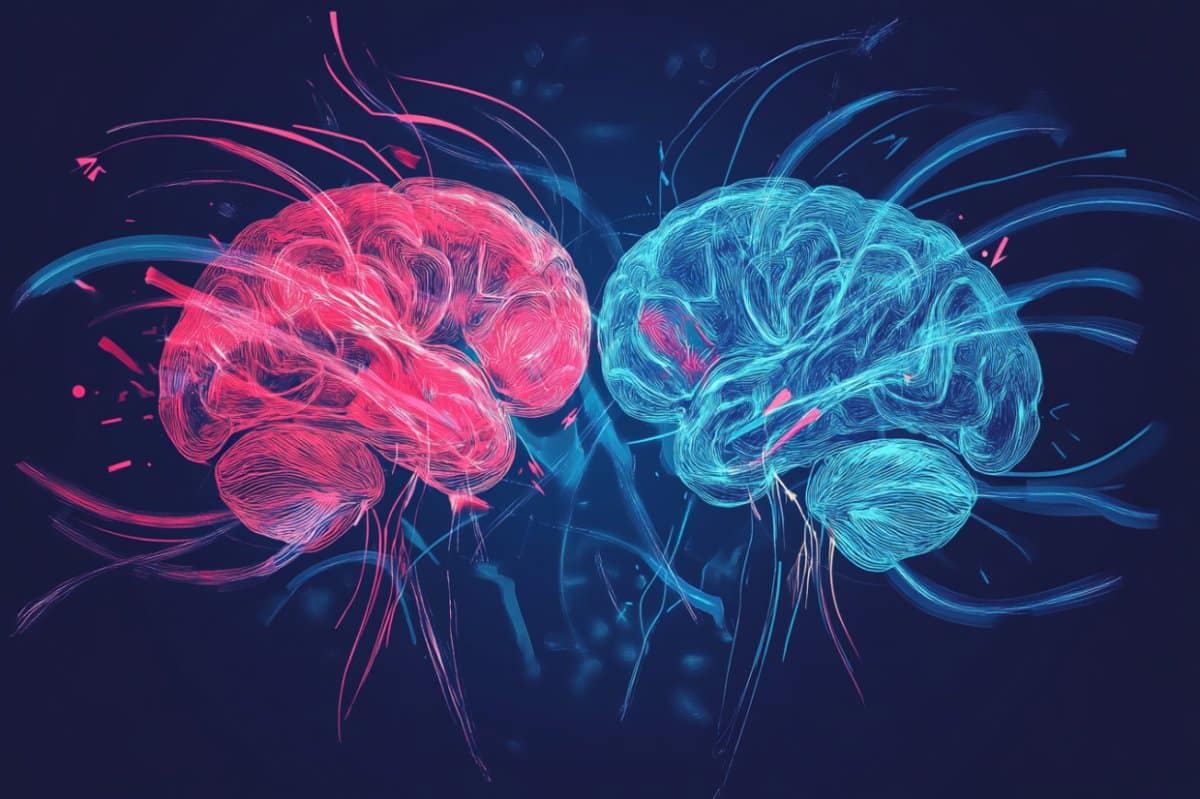
Extract from “Evolution, Basal Cognition and Regenerative Medicine”, kindly contributed by Michael Levin in SEMF’s 2023 Interdisciplinary Summer School (https://semf.org.es/school2023/). Full talk: • Michael Levin | Evolution, Basal Cogn… TALK ABSTRACT Each of us has made the remarkable journey from a single cell (a quiescent oocyte) to a complex embodied mind. How do cells, which were once independent organisms, work together to pursue the anatomical and physiological goals that enable form and function to reliably self-assemble? In this talk, I will tell the story of the collective intelligence of cellular swarms that embodies William James’ definition of intelligence: same ends by different means. I will describe the amazing competencies of the morphogenetic process that builds bodies and minds, and our discoveries on bioelectricity — the cognitive glue that implements embryogenesis, regeneration, and cancer suppression. I will end with a perspective on how biophysical, informational, and behavioral sciences are coming together to redefine the boundaries of the possible in biomedicine and beyond. MICHAEL LEVIN Department of Biology, Tufts University: https://as.tufts.edu/biology Tufts University profile: https://ase.tufts.edu/biology/labs/le… Institute profile: https://wyss.harvard.edu/team/associa… Wikipedia: https://en.wikipedia.org/wiki/Michael… ) Google Scholar: https://scholar.google.com/citations?… Twitter:
/ drmichaellevin LinkedIn:
/ michael-levin-b0983a6 SEMF NETWORKS Website: https://semf.org.es Twitter:
/ semf_nexus LinkedIn:
/ semf-nexus Instagram:
/ semf.nexus Facebook:
/ semf.nexus
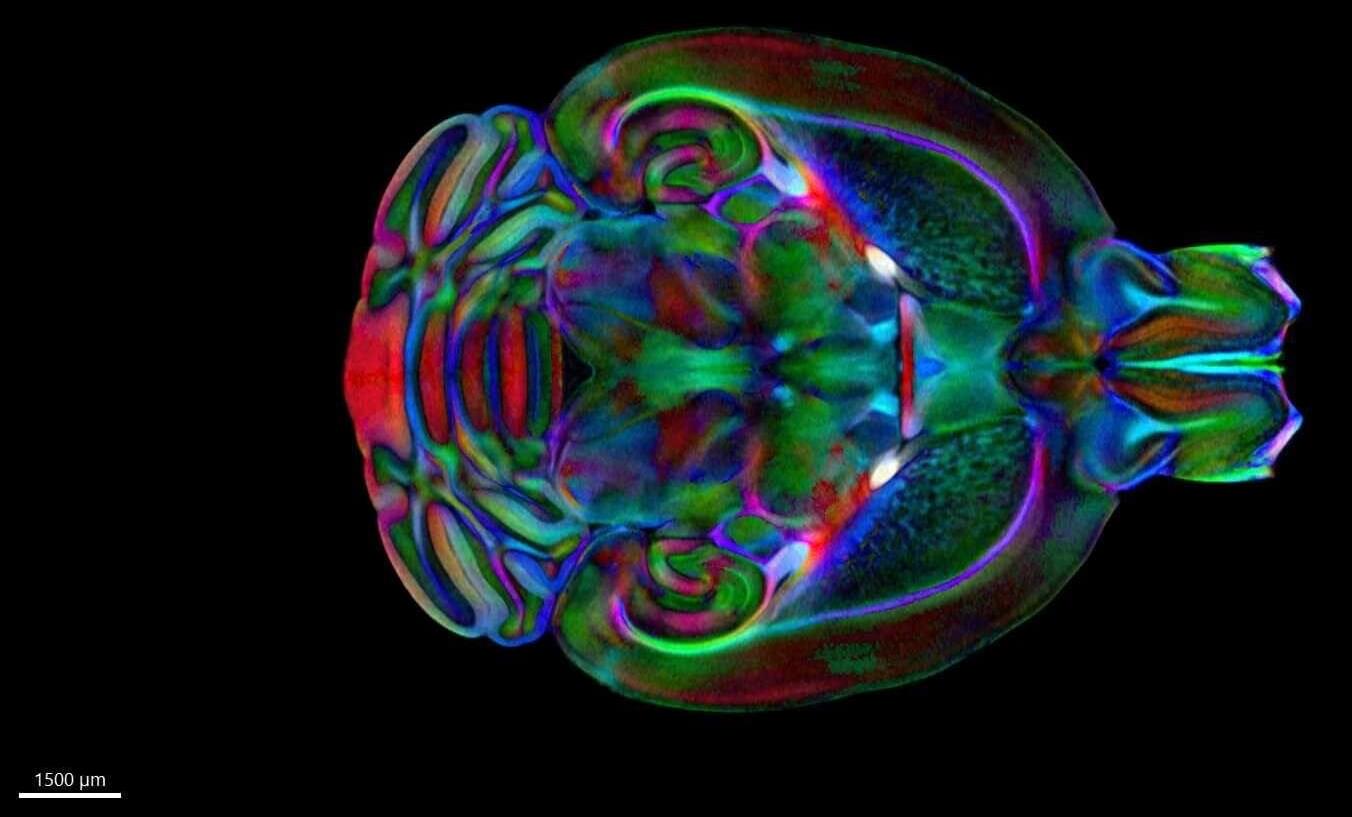
A new “atlas” developed by researchers at Duke University School of Medicine, University of Tennessee Health Science Center, and the University of Pittsburgh will increase precision in measuring changes in brain structure and make it easier to share results for scientists working to understand neurological diseases such as Alzheimer’s disease.
The tool, the Duke Mouse Brain Atlas, combines microscopic resolution, three-dimensional images from three different techniques to create a detailed map of the entire mouse brain, from large structures down to individual cells and circuits.
“This is the first truly three-dimensional, stereotaxic atlas of the mouse brain,” said G. Allan Johnson, Ph.D., Charles E. Putman University Distinguished Professor of Radiology at Duke. He is also professor in the Department of Physics and the Department of Biomedical Engineering.

Scientists have discovered that a medication already approved for treating multiple sclerosis and psoriasis shows remarkable promise in combating periodontitis, one of the leading causes of tooth loss worldwide.
Researchers from Wenzhou Medical University found that dimethyl fumarate (DMF) significantly reduced bone loss and inflammation in experimental models of gum disease by improving cellular “cleanup” mechanisms and shifting immune responses toward healing rather than destruction.
“Dimethyl fumarate’s ability to fine-tune macrophage polarization through mitophagy is a game-changer in periodontal therapy,” said Dr. Shengbin Huang, the study’s corresponding author. “By targeting the mitochondrial protein TUFM, we uncovered a molecular switch that controls the inflammatory response in gum tissue. These insights could redefine how we treat chronic inflammatory conditions beyond the oral cavity.”
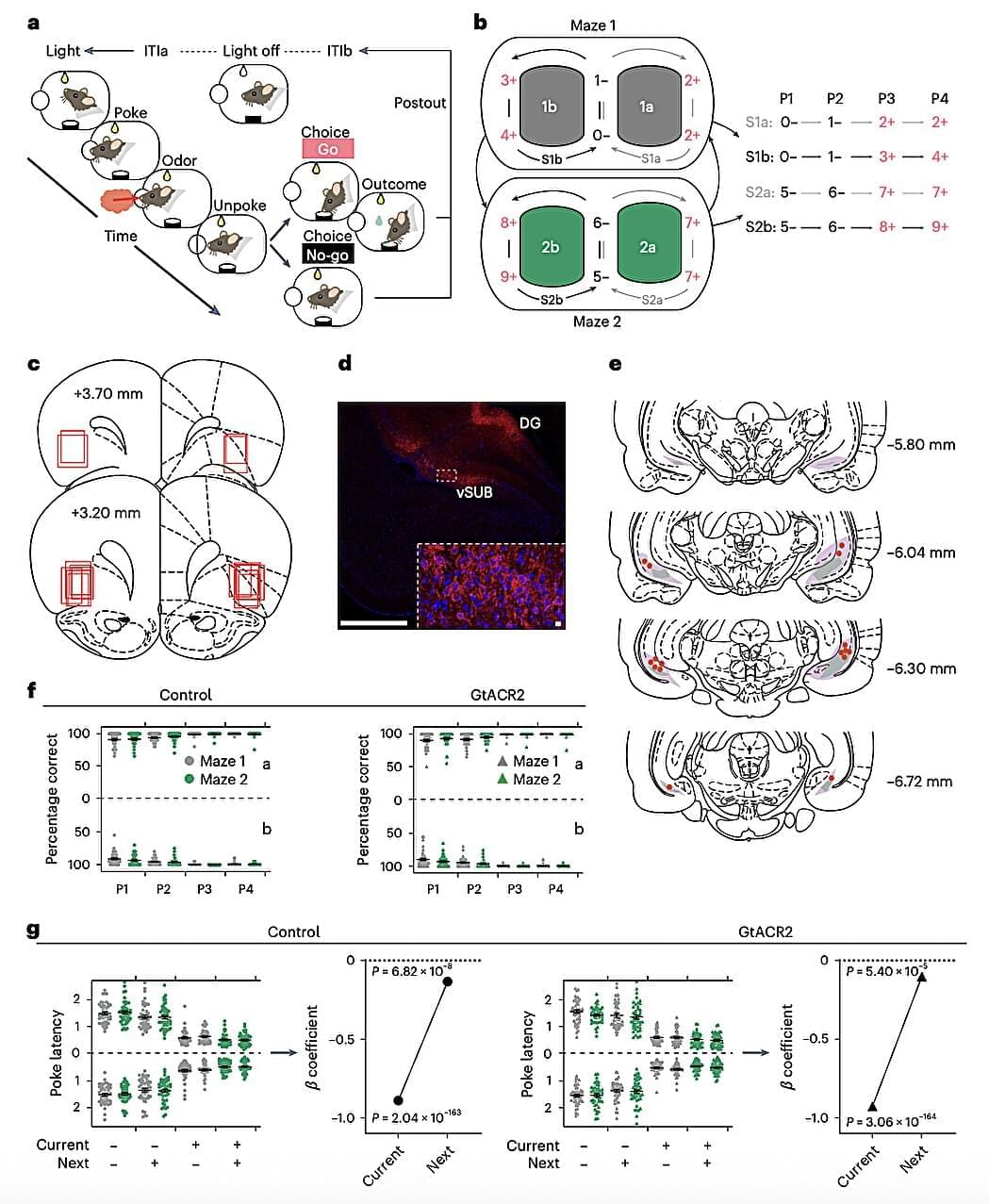
As humans and other animals navigate their surroundings and experience different things, their brain creates so-called cognitive maps, which are internal representations of environments or tasks. These mental maps are eventually generalized into schemas, frameworks that organize information acquired through experience and can later guide decision-making.
Various past neuroscience and psychology studies have tried to better understand the neural processes and brain regions that support the formation of these internal representations. Insight into these mechanisms could, in turn, shed light on the underpinnings of learning and decision-making.
Two brain regions that have been found to play a role in forming internal representations of experiences are the orbitofrontal cortex (OFC) and the hippocampus (HC). Among other functions, the OFC supports reward-based learning and decision-making. At the same time, the HC contributes to spatial navigation and the formation and retrieval of memories.
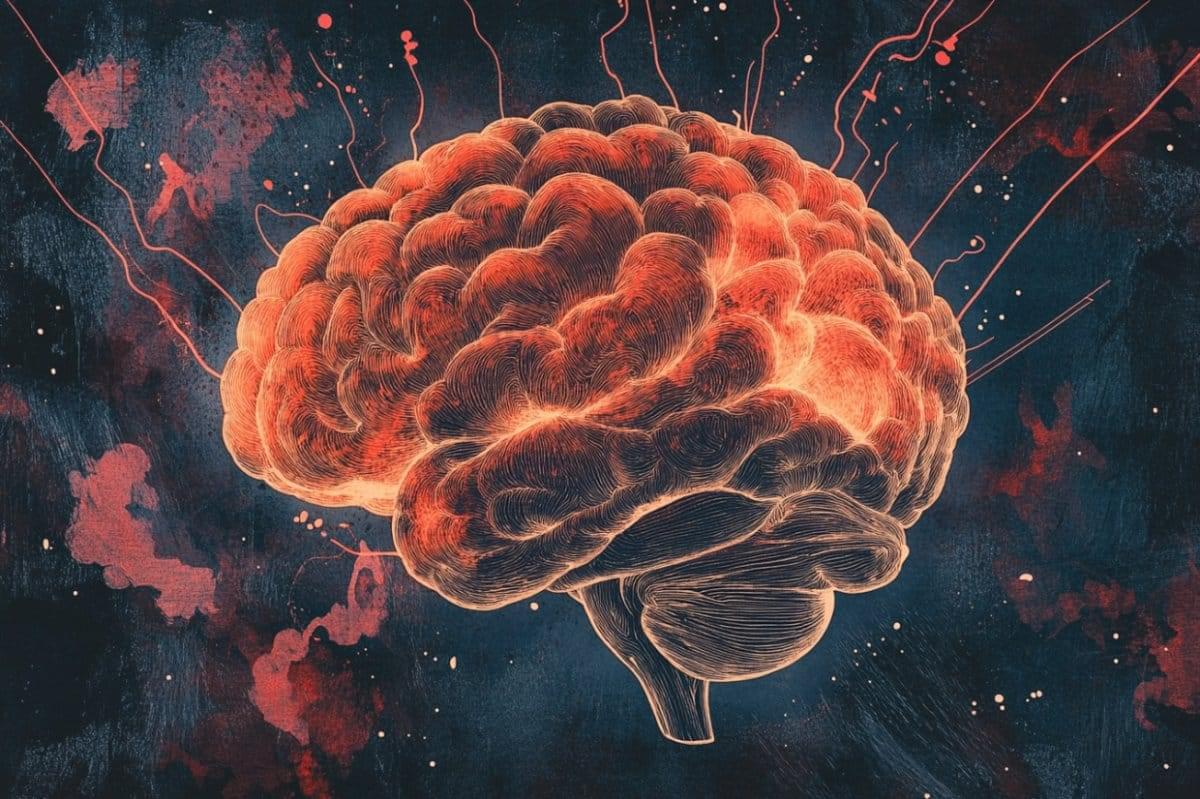
In the double-blind study, 29 patients with various mood and anxiety disorders received MRI-guided focused ultrasound to the left amygdala.
The results showed both immediate reductions in amygdala activity, and after three weeks of daily sessions, patients experienced clinically significant improvements in negative affect and symptoms of depression, anxiety and PTSD.